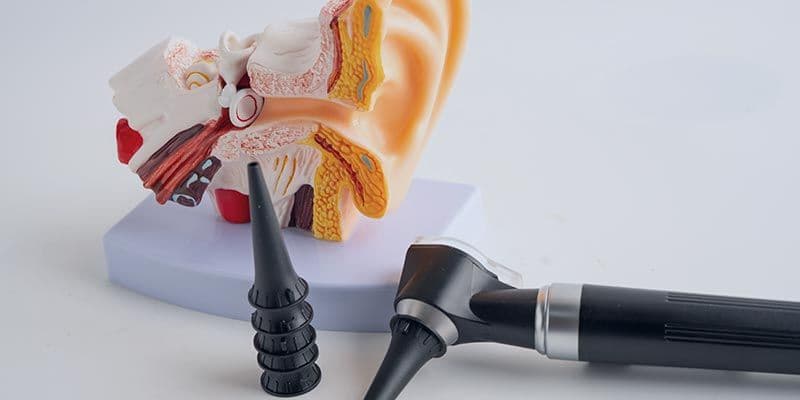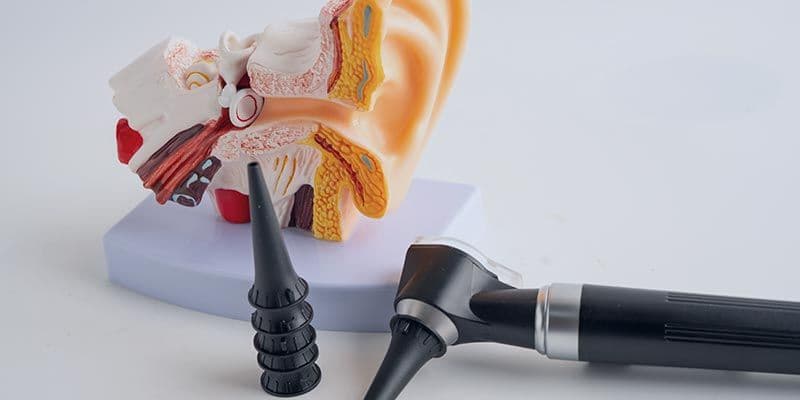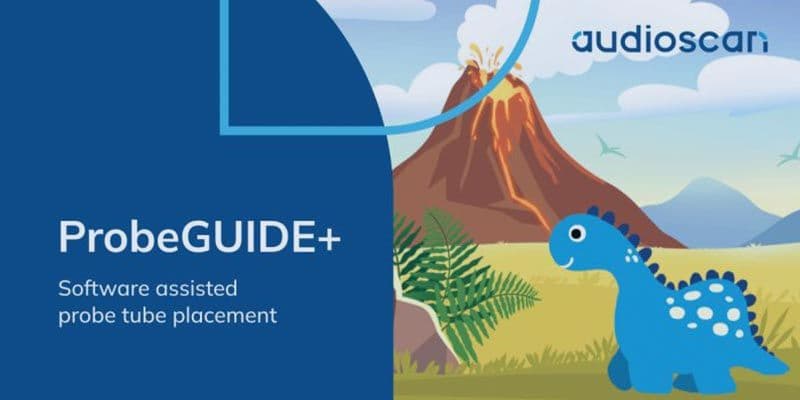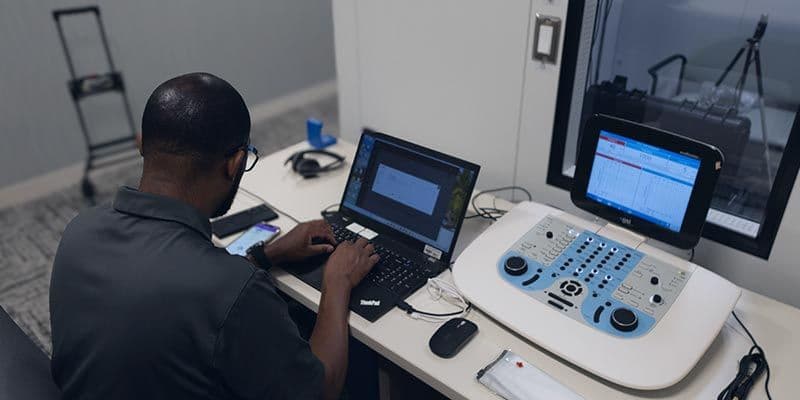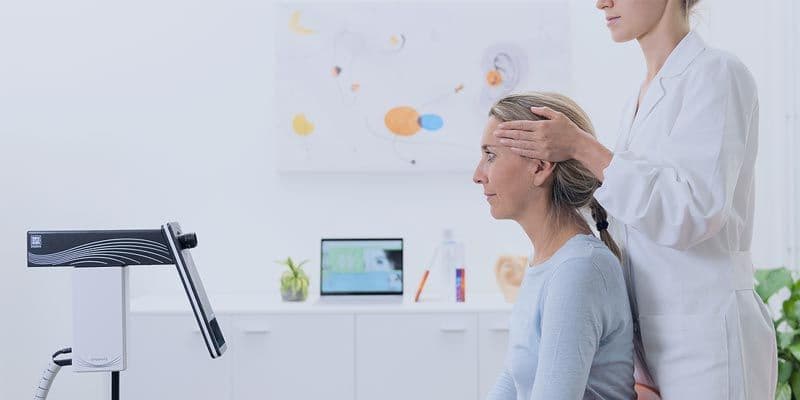10 Tools All Hearing Professionals Should be Using
The tools and instruments used in audiology are numerous and constantly advancing. While new technologies continue to improve efficiency and outcomes, this list focuses on the essentials—the everyday supplies that keep your clinic running smoothly.
As a hearing care professional, having the right tools is key to delivering consistent, high-quality care. Here’s a roundup of must-have audiology supplies to support your daily practice.

